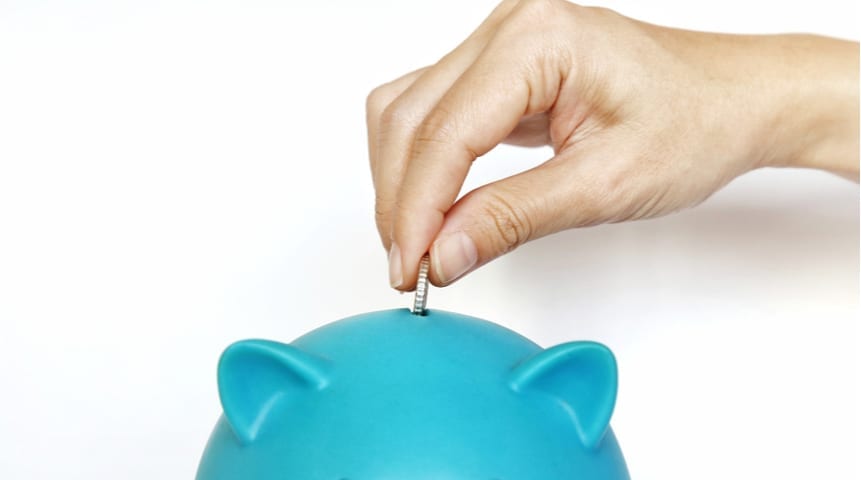
How To Save Money For Your First Home
While the Coronavirus pandemic has driven down interest rates due to adverse economic impacts that followed the massive lockdowns and business closures, saving money has also become a challenge for many Australians.
To spur economic activity, the government has eased lending criteria and dropped interest rates at historical lows, making the real estate market more enticing and appealing to those looking to buy a house or enhance their property investment options.
For first-time homebuyers, the idea of saving up money for a downpayment or take out a mortgage may seem like an insurmountable feat, however, with planning, discipline, and ideas on how to save money, you might be surprised that it is totally possible.
Here are some tips to help you save money during these challenging times;
Plan
It’s time to count your blessings, literally. Know how much money you have at your disposal and create a budget. When possible, plan your spending one week at a time, such as creating a meal plan and your grocery/marketing trips. Your meal plan helps you avoid spending on things you don’t need and reduces the number of trips to the market.
Stick to the basics
Focus your spending on essentials such as food, toiletries, medicines (if any), etc. You can work your budget around on things that you need rather than those that you want.
Do It Yourself
Since you will be going to the market, you might as well buy food items that you can cook at home. Rather than ordering all your meals through online food delivery channels, you can save a lot by buying all your ingredients and cooking food by yourself. You also get to spend time mastering your cooking skills while staying at home during the quarantine period.
Settle your debts
Everything starts with a plan and the first step is to settle your credit obligations.
Make a list of your dues and your regular earnings. Then, determine your fixed costs and see how much you can afford to set aside for debt servicing on a realistic timeframe.
Once you have determined the percentage that goes into debt servicing, distribute it among your dues so you can start paying it on installments. Once done, reach out to your creditors and negotiate a plan to settle your payment schemes.
It may be difficult at first, but the sooner you get it done, the better.
Stop living on credit
Stop relying on credit for your everyday needs. Live within your means.
Bring cash and calculator when shopping and limit purchases to things you can afford. Stop buying things you don’t need only to find most of your purchases end up spoiling in the fridge or lying around collecting dust.
Make a realistic budget
Determine your income and expenses then create a budget. Identify your fixed costs such as housing, transportation, debt-servicing, and food, followed by social security and personal insurance.
What’s left is your disposable income and don’t spend beyond it.
Save up for the future
Include savings in your budget. Set aside an amount each time you get your paycheck without ever touching it.
It doesn’t matter how much you set aside, as long as it’s done regularly.
Resist the spending urge
Spending can be highly addictive, especially when it’s easy to do with a simple card swipe. If there’s no immediate need or practical use for it, let it go.
Imagine if you can save $10 on each of these steps, you can free up $60 dollars every time you get your paycheck. Before you know it, you’ll be able to achieve financial freedom.